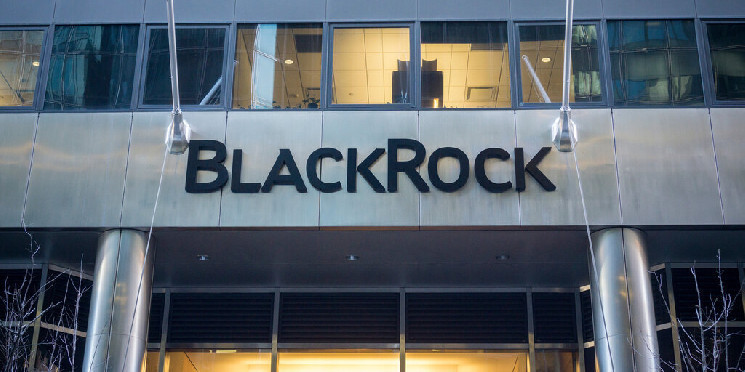BlackRock met with the U.S. Securities and Exchange Commission to discuss its spot Bitcoin exchange-traded fund (ETF) application.
Posts circulated on Twitter about a meeting where officials from the Wall Street regulator met with the world’s biggest fund manager. Ultimately, a note from the SEC revealed that the meeting focused on the fundamentals of how the investment vehicle would work—and whether an “in-kind redemption model” or “in-cash” one would be best for investors.
Looks like @BlackRock also met with SEC! There’s a couple slides in relation to in-kind vs cash creation. Based on this it looks like BlackRock prefers in-kind for their #bitcoin ETF (makes sense as its probably cleanest structure for them & end investors)
h/t @btcNLNico https://t.co/AK0XspL4zJ pic.twitter.com/eeuUT9T5mn— James Seyffart (@JSeyff) November 22, 2023
In the world of ETFs, an “in-kind” model offers investors who are leaving the fund a redemption other than cash—such as payment in securities. An “in-cash” model allows investors to receive cash.
News broke earlier today that Grayscale Investments also met with the SEC over its bid to convert its Grayscale Bitcoin Trust (GBTC) into a spot Bitcoin ETF.
BlackRock, which manages nine trillion dollars in assets, filed for its iShares Bitcoin Trust in June, sending the price of the biggest cryptocurrency by market cap through the roof and prompting ETF analysts to confidently bet on the long-awaiting crypto investment vehicle hitting the market by January.
Buying and storing Bitcoin can be complicated for those who are less tech savvy. A spot Bitcoin ETF would allow ordinary investors who want exposure to the cryptocurrency to buy shares that track the price of the asset.
The first Bitcoin ETF application was filed over a decade ago, but the SEC has always declined to approve one.
A number of high-profile Wall Street firms have applied to the SEC to release their own Bitcoin ETF to investors.
ETFs which offer exposure to the price movements of Bitcoin—or Ethereum—futures contracts have been approved in the States.
Edited by Ryan Ozawa.
 decrypt.co
decrypt.co
